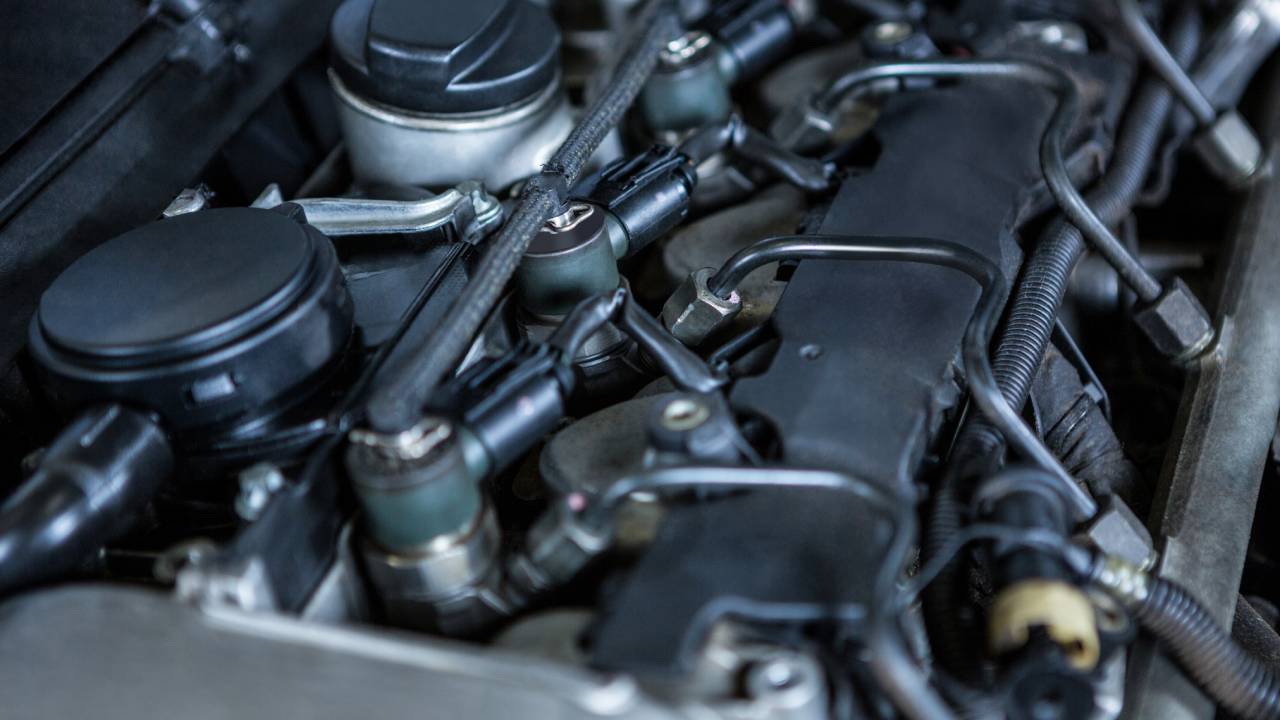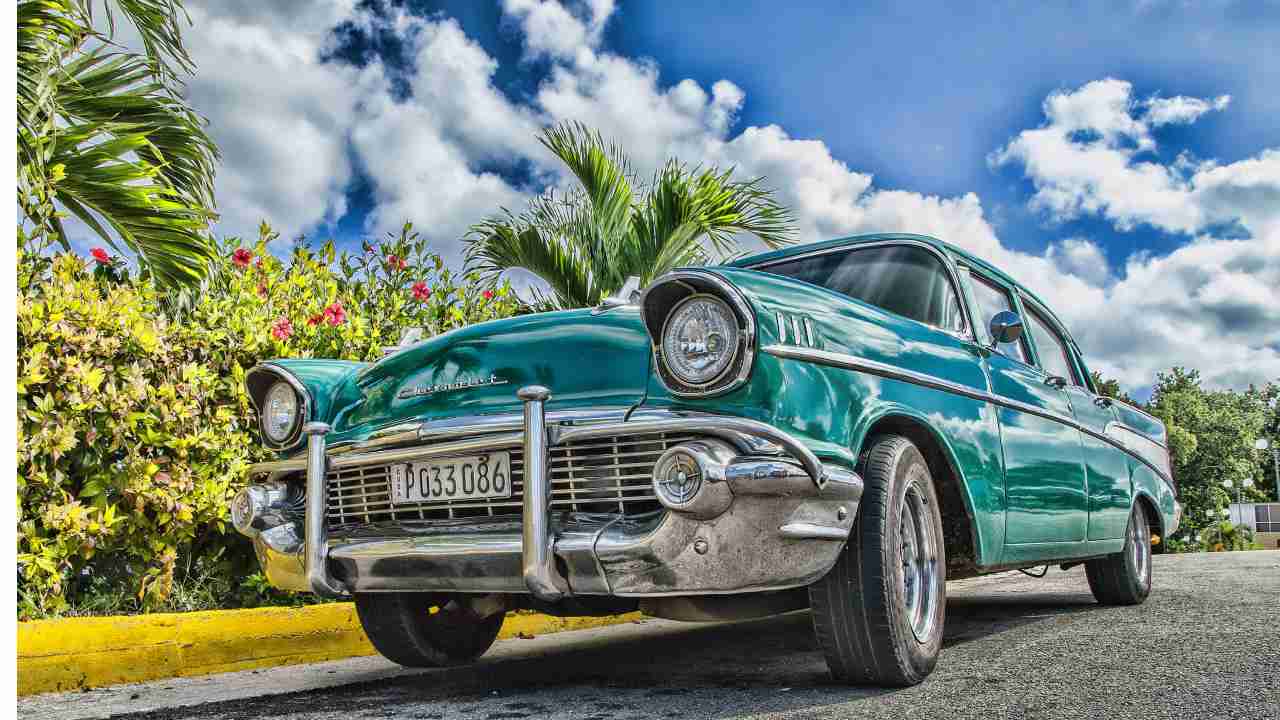Have you ever felt a twinge of excitement at the sight of a vintage Mustang or the sleek lines of a classic Jaguar? You’re not alone. Classic cars aren’t just pieces of history on wheels—they’re becoming hot commodities in the investment world. Once reserved for passionate collectors and gearheads, these timeless beauties are now drawing the eye of savvy investors looking to diversify their portfolios.
If you’re a car enthusiast, a beginner investor, or a budding classic car collector, this blog will steer you through the essentials of investing in classic cars. From understanding their allure to navigating the buying process and forecasting future trends, we’ll cover everything you need to know to get started. Buckle up—it’s going to be a thrilling ride!
1. Introduction to Classic Cars
Classic cars evoke a sense of nostalgia, representing an era of design and craftsmanship that many argue is unmatched today. Originating in the early 20th century, these vehicles have seen a resurgence in popularity, not just as collectibles but as viable investments.
The appeal of classic cars as investments has grown significantly over the past decade. According to the Historic Automobile Group International (HAGI), the value of classic cars has risen by over 400% in the last 10 years. This impressive appreciation rate has caught the attention of investors looking for alternative assets to park their funds.
But why are classic cars gaining traction as investments? The answer lies in the combination of emotional connection and financial potential. Classic cars offer a unique blend of history, art, and engineering, making them irresistible to car enthusiasts and investors alike.
2. The Appeal of Classic Cars
Classic cars hold an emotional and financial appeal that distinguishes them from other investments. For enthusiasts, these vehicles are more than machines—they’re pieces of art, cherished for their design, engineering, and the stories they tell.
Financially, classic cars can serve as an attractive alternative to traditional investments such as stocks or real estate. Unlike volatile markets, classic cars have shown resilience, often appreciating in value over time. The rarity and uniqueness of these vehicles contribute to demand and, ultimately, their investment potential.
For many, investing in classic cars goes beyond profit. It’s about owning a piece of history, participating in a vibrant community, and enjoying the sheer pleasure of driving a car from a bygone era. This emotional connection adds an extra dimension to classic car investing that other assets simply can’t match.
3. How to Start Investing in Classic Cars
If you’re new to classic car investing, getting started can seem daunting. However, with some research and preparation, you can hit the ground running. Here’s a step-by-step guide to help you on your way.
Begin by researching the classic car market to understand the types of vehicles available, their current prices, and their historical performance. Websites, books, and magazines dedicated to classic cars can provide invaluable information. Additionally, joining online forums and social media groups can connect you with fellow enthusiasts and investors.
Attending classic car auctions is another essential step in the process. These events offer the opportunity to see a variety of vehicles up close, learn from experienced collectors, and even make a purchase. Popular auction houses like RM Sotheby’s and Barrett-Jackson host events worldwide that attract collectors and investors alike.
Finally, build a network of knowledgeable individuals who can offer guidance and support throughout your classic car investment journey. This network may include fellow collectors, dealers, mechanics, and appraisers who can provide valuable insights and advice.
4. Factors to Consider When Choosing a Classic Car
When selecting a classic car to invest in, several factors come into play. Understanding these elements can help you make informed decisions and maximize your investment potential.
First and foremost, consider the condition of the vehicle. A car in excellent condition will command a higher price and is more likely to appreciate over time. Rust, mechanical issues, and extensive modifications can negatively impact a car’s value, so it’s essential to perform a thorough inspection before purchasing.
Rarity is another critical factor in the investment potential of a classic car. Limited production models or vehicles with unique features tend to be more desirable and valuable. Research the car’s production history and any special editions to gauge its rarity.
Finally, study current market trends to identify popular models and brands. While some vehicles may have a timeless appeal, others might experience fluctuations in demand. Keeping an eye on market trends can help you anticipate potential shifts in value and make strategic investment decisions.
5. Maintenance and Storage
Proper maintenance and storage are crucial for preserving the value of your classic car investment. Unlike modern vehicles, classic cars require extra care and attention to ensure they remain in top condition.
Regular maintenance is essential to keep your classic car running smoothly and prevent long-term damage. Create a maintenance schedule that includes oil changes, tune-ups, and inspections of critical components such as brakes, suspension, and electrical systems. Establish a relationship with a trusted mechanic who specializes in classic cars to ensure your vehicle receives the best care.
Storage is another critical aspect of preserving your investment. Classic cars should be kept in a climate-controlled environment to protect them from temperature fluctuations, humidity, and other environmental factors that can cause deterioration. Consider investing in a high-quality car cover and using a dehumidifier to maintain optimal storage conditions.
Ensuring your classic car is adequately insured is another essential step. Classic car insurance policies often offer agreed-upon value coverage, providing peace of mind that your investment is protected in case of damage or theft.
6. The Future of Classic Car Investing
The classic car market is constantly evolving, presenting both opportunities and challenges for investors. Staying informed about industry trends and potential disruptions can help you make strategic decisions and anticipate future shifts in value.
One factor that may impact the classic car market is the growing interest in electric vehicles and sustainable transportation. While some collectors may prioritize classic cars with traditional internal combustion engines, others might seek out early electric models or conversions as interest in eco-friendly transportation grows.
Additionally, advancements in technology, such as online auctions and virtual reality showrooms, have made it easier for collectors and investors to access classic cars worldwide. This increased accessibility could lead to a more diverse and competitive market.
Despite these challenges, the classic car market remains resilient and continues to attract passionate collectors and investors. By staying informed and adapting to changing trends, you can position yourself for success in this dynamic market.
7. Success Stories
Success stories abound in the world of classic car investing, as passionate individuals have turned their love for vintage vehicles into profitable ventures. These inspiring tales highlight the potential of investing in classic cars and showcase the rewards of patience, perseverance, and dedication.
Consider the story of a collector who purchased a rare Ferrari 250 GTO in the 1970s for a mere fraction of its current value. Over the years, the vehicle appreciated significantly, eventually selling at auction for over $48 million—a testament to the power of investing in rare and desirable models.
Another example is the rise in popularity of Porsche 911s, which have become highly sought-after among collectors and investors. Individuals who recognized this trend early on and acquired these vehicles have seen impressive returns on their investments as values have soared.
These success stories demonstrate the potential of classic car investing when approached with research, strategy, and a genuine passion for vintage vehicles.
Rev Your Engines and Your Investments
Investing in classic cars can be an exciting and rewarding endeavor for car enthusiasts, beginner investors, and collectors alike. By understanding the market, carefully selecting vehicles, and maintaining your investment, you can maximize the potential of this alternative asset class.
Whether you’re drawn to the allure of owning a piece of history or seeking a unique investment opportunity, classic car investing offers a world of possibilities. We encourage you to explore this fascinating market and share your experiences with fellow enthusiasts and investors. Happy motoring!


